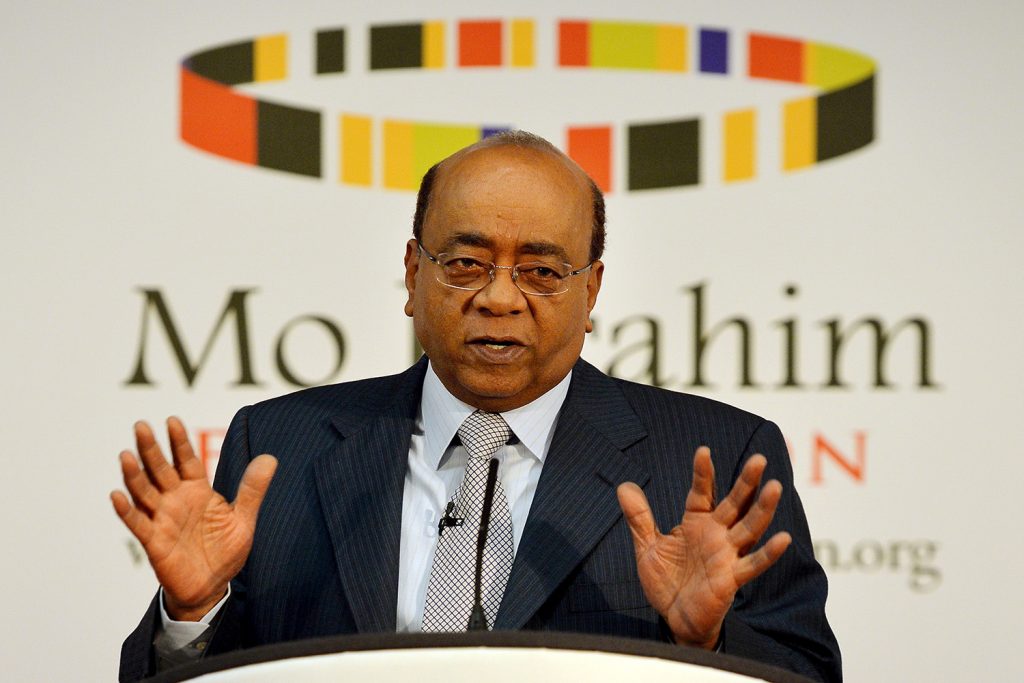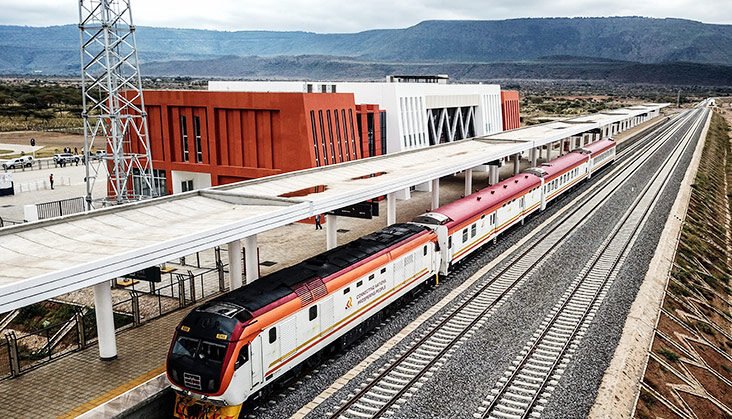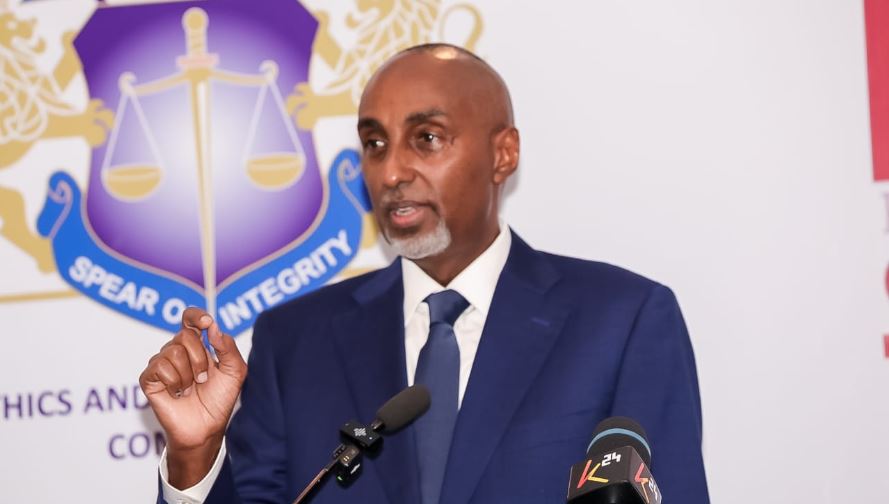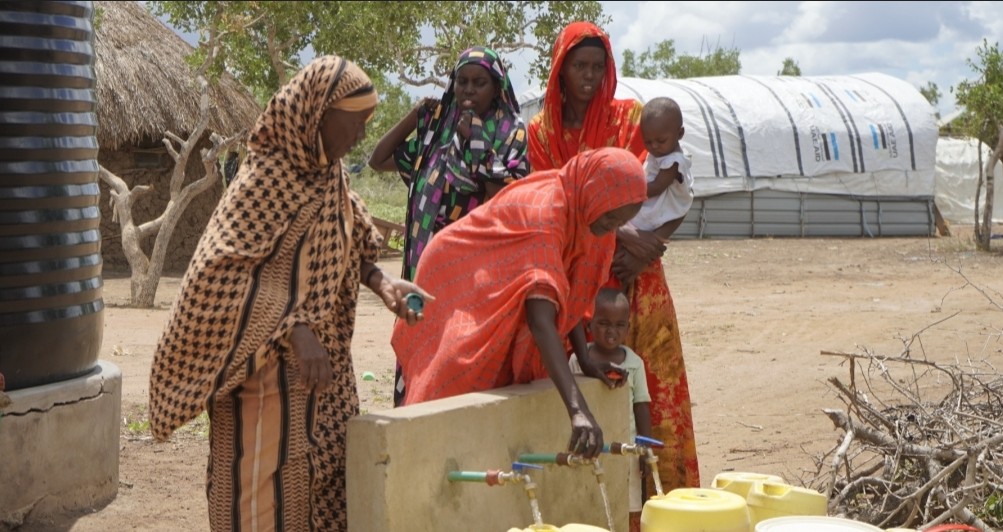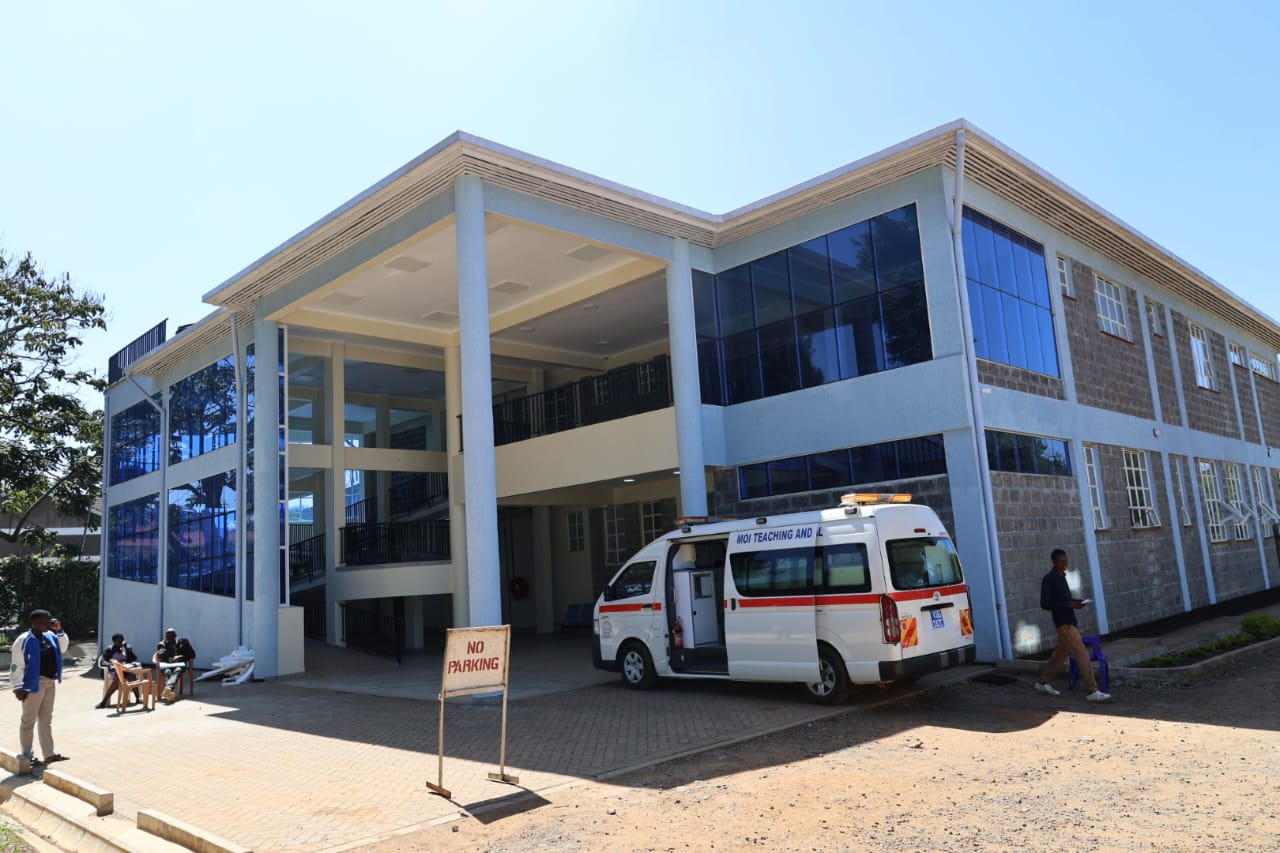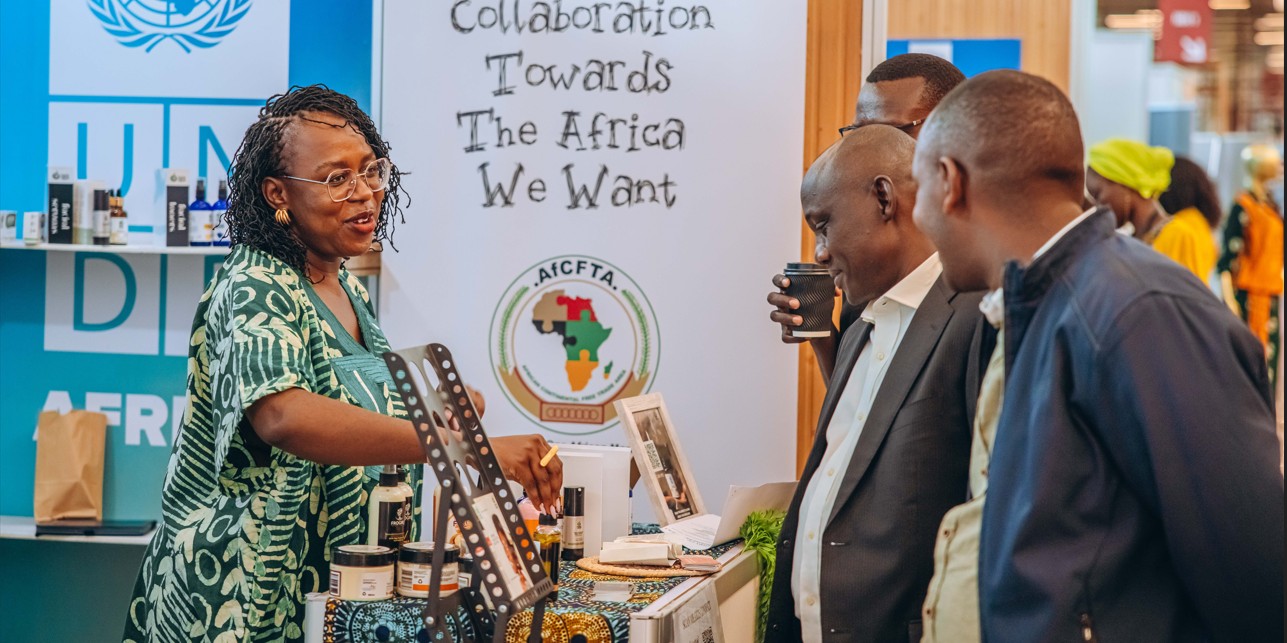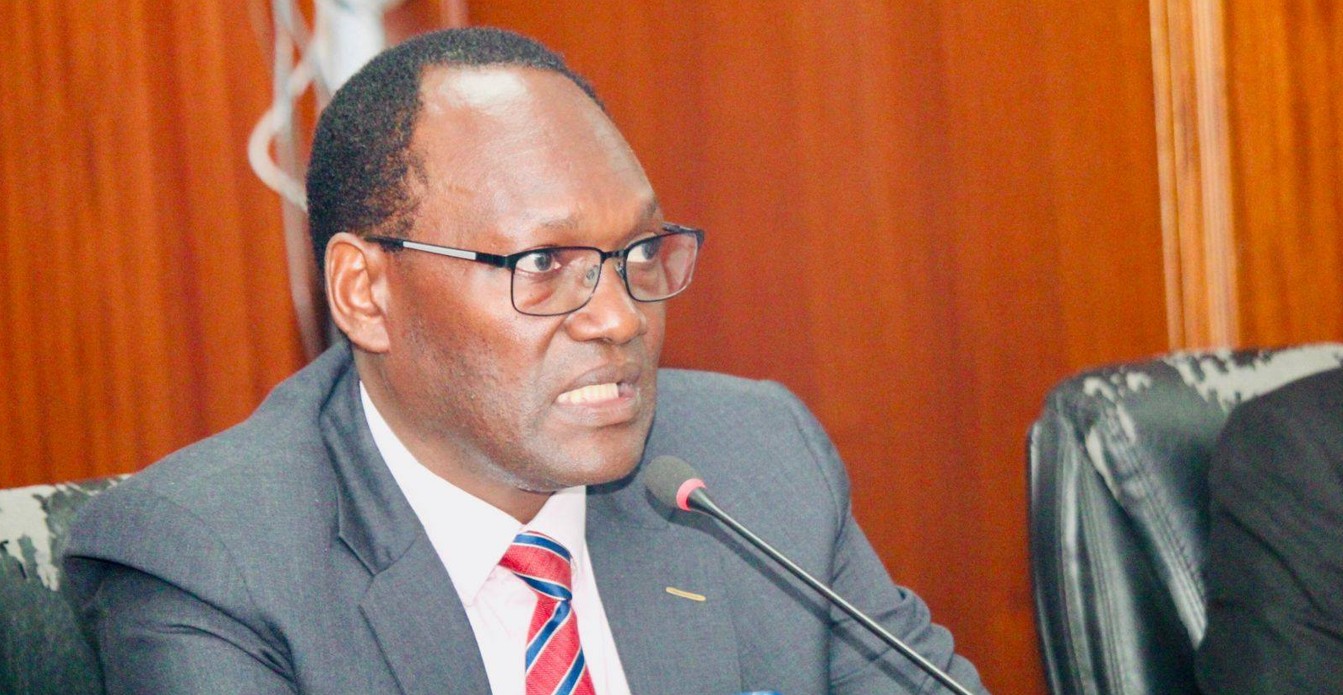Finance Bill, 2025 public hearings begin in counties as MPs urge active participation
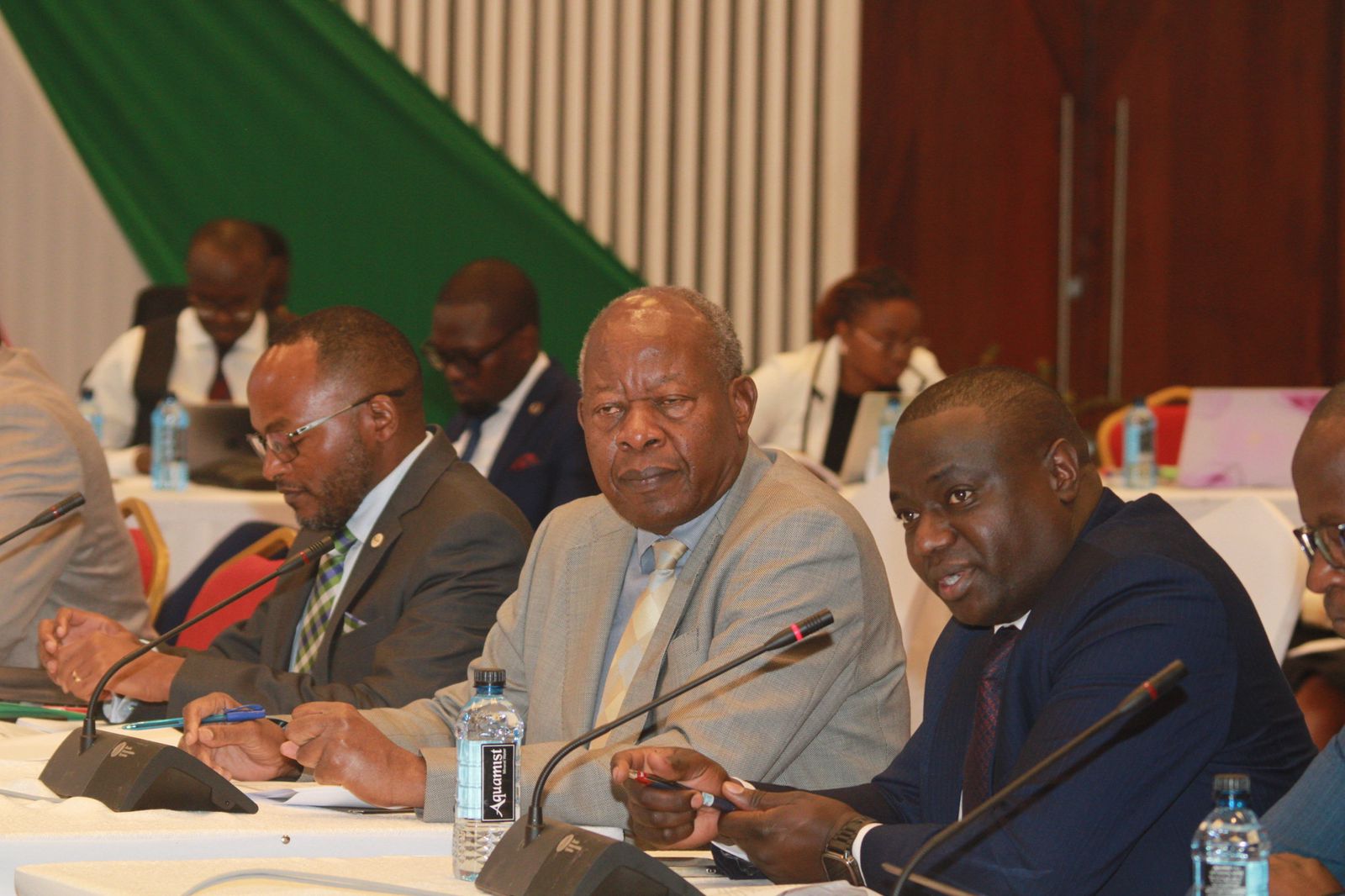
The House committee will begin county engagements in Busia and Migori today (Tuesday) before moving to Trans Nzoia and Nandi on Wednesday.
Public hearings on the Finance Bill, 2025, have officially begun in the counties, with the National Assembly's Departmental Committee on Finance and National Planning calling on Kenyans to actively engage in the process.
The committee, which has spent a week gathering submissions in Nairobi, will begin county engagements in Busia and Migori today (Tuesday) before moving to Trans Nzoia and Nandi on Wednesday.
More To Read
- Lobby group Okoa Uchumi warns 2025 budget will raise costs, deepen inequality in Kenya
- CS Mbadi defends Treasury over unequal VAT policy on tea, sugarcane
- Amnesty demands release of detained software developer Rose Njeri
- Rose Njeri’s arrest sparks outrage over digital freedoms and police abuse in Kenya
- MPs warn fertiliser VAT shift in Finance Bill 2025 could trigger food price surge
- LSK condemns arrest and detention of Rose Njeri, accuses DCI of blocking legal access
Committee vice chairperson Benjamin Langat said the exercise is not symbolic, but essential to shaping the final version of the Bill.
“This is not an exercise in futility, it’s a very important exercise. This Finance Bill is a proposal to the National Assembly, and it has to undergo the necessary legislative process, including public participation to become law,” he said.
Langat also urged citizens to evaluate the Bill alongside the proposed budget estimates.
“I want to implore the public to desist from looking at the Finance Bill in isolation. When you tell us to employ junior secondary school teachers, or even more nurses, the money to cater for that must come from somewhere. This Bill is the instrument we use to raise such funds,” he added.
The Bill has already attracted a wide range of views from interest groups. On Saturday, various stakeholders, including manufacturers, health advocates, and youth groups, presented their positions to the committee.
The Kenya Association of Manufacturers wants Clause 2, which seeks to broaden the definition of ‘royalty’ to include payments for software distribution, removed.
KAM Chief Executive Tobias Alando argued that the expanded definition would conflict with global standards.
“Under the right-based approach, only payment for the right of use, right to use, and copyrights qualify as royalties. The proposed expansion of the definition of ‘royalty’ deviates from the globally accepted definition that borrows heavily from the OECD’s rights-based approach under which only payments for the use of, or the right to use, copyrights qualify as royalties,” he said.
Alando added that payments for software sold off-the-shelf should not be classified as royalties under OECD rules.
KAM also called for industrial and medical gas cylinders to be exempt from the proposed 35 per cent excise duty on imported gas cylinders.
They noted that these products, vital to sectors such as healthcare, are not produced locally and therefore should not be penalised.
“Importing this kind of gas cylinder attracts a 35 per cent excise duty, which was introduced in Kenya in 2019, primarily aimed at promoting local manufacturing and reducing reliance on imports for LPG cylinders, which at that time, under the EAC Common External Tariff (CET), has no distinct description from other compressed gas cylinders,” they explained.
The International Institute for Legislative Affairs proposed a public health-focused approach to taxation, particularly on tobacco, alcohol, and sugar-sweetened beverages.
They emphasised the need to raise taxes on nicotine products marketed to youth and called for a sugar-based excise tax to address the burden of non-communicable diseases.
“Taxes on emerging nicotine products, such as oral nicotine pouches and electronic cigarettes, are also significantly lower despite being heavily marketed to youth,” the institute stated.
They suggested increasing excise duty on beer from Sh22.5 to Sh33 per centilitre of pure alcohol. This, they said, would reduce youth consumption and raise state revenue.
The Kenya Youth Climate Advisory Council also expressed concern over Clause 42(a)(vii), which proposes a 25 per cent or Sh200/kg excise duty on imported plastic films. They said this could make sustainable packaging by youth-led businesses too expensive and uncompetitive.
To support eco-friendly innovation, the council suggested lowering the duty to Sh50/kg or 5 per cent for certified biodegradable film used in sustainable packaging by youth-owned enterprises.
Top Stories Today

